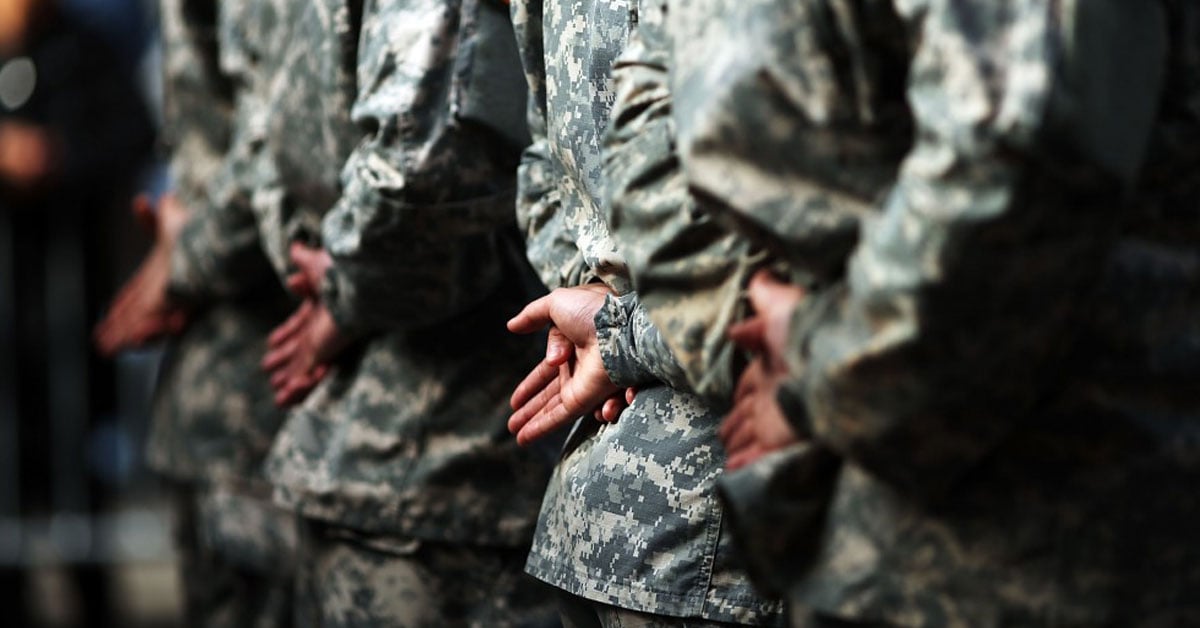Military veterans experience a great deal of mental health conditions due to the traumatic environment that they are exposed too, during training and in combat. Many military veterans experience posttraumatic stress (PTSD), depression, anxiety and substance abuse. Although military veterans are exposed to traumatic environments due to combat, many are exposed to traumas such as sexual assault and abuse.
What defines sexual abuse?
It is any form of sexual violence, including rape, child molestation, incest and similar forms of consensual sexual contact. Sexual abuse is never only about sex but often to gain power over victims.
Sexual Abuse in the Military
Although sexual assault and abuse is considered to occur in women most often. In the U.S. military men are 10 times more likely to be sexually assaulted than a civilian man.
- According to a 2014 report stated that nearly 5% of all women and 1% of all men on active duty reported experiencing unwanted sexual contact. And nearly half of reported from women involved penetrative sexual assault, which was 35% for men. Due to gender ratios in military, men experience more sexual violence than women.
Due to the stigma with reporting sexual assault and abuse in the military many military veterans will not report which can increase the number of sexual abuse victims.
Therapy and Sexual Abuse
Sexual assault and abuse are traumas that are difficult to address on our own, seeking a mental health professional is an important aspect of resolving and addressing these types of traumas. Various evidence-based therapeutic approaches such as Psychodynamic Psychotherapy, Trauma Focused-Cognitive Behavioral Therapy and Eye therapy have demonstrated a significant impact in addressing traumas.
Psychodynamic Psychotherapy
When working with individuals who have experienced traumatizing events Psychodynamic Psychotherapy has been effective with patients with PTSD that have resulted from sexual assault. Through Psychodynamic therapist focus some of these distinctive features such as focus on affect and expression of emotions, exploration of attempts to avoid aspects of experience, identifying recurrent themes and patterns, past experiences, interpersonal relationship, and therapeutic relationship. Through this therapeutic approach, the therapist works through a non-judgmental lens, understanding the difficulty of addressing the trauma and creating a safe place for the client to process their trauma.
Trauma Focused-Cognitive Behavioral Therapy (TF-CBT)
TF-CBT is a short-term therapy, which focuses on trauma-impacted individuals.TF-CBT has been proven to have a higher efficacy in veterans than other modalities of therapeutic approaches. This approach helps individuals with psychoeducation about trauma, learning relaxation skills to address physiological trauma response, and cognitive skills. The therapist works with client to assess automatic thoughts and distorted cognitions. The therapist focuses on building a therapeutic relationship with the client to create a safe environment for client to process the trauma.
Eye Movement Desensitization and Reprocessing
EMDR helps individuals reduce distress associated with the traumatic event. In this therapeutic approach therapist help clients bring forth emotional disturbing material while focusing on external stimulus. The therapist then helps client to slowly shift negative beliefs to positive beliefs in small sequential doses. Through this process the clinician is able to help the client desensitize the distress caused by the traumatic event. Client also learns to implement skills called EMDR resourcing such as deep breathing, creating a safe place and other grounding techniques. Client is then able to builds their confidence, self-esteem and a greater sense of who they are as a survivor of the trauma.
There are many types of traumas such as sexual abuse and sexual assault and military veterans are not exempt from these traumas. There is help and resources for every veteran, allowing a mental health professional provide support and resources is the first step of the healing process. You are not alone, start today with call to a mental health provider.
References
https://www.goodtherapy.org/blog/common-therapy-approaches-to-help-you-heal-from-trauma
https://www.goodtherapy.org/learn-about-therapy/issues/sexual-abuse
https://www.goodtherapy.org/learn-about-therapy/issues/veterans-mental-health-issues
https://www.ncbi.nlm.nih.gov/pmc/articles/PMC7239557/





